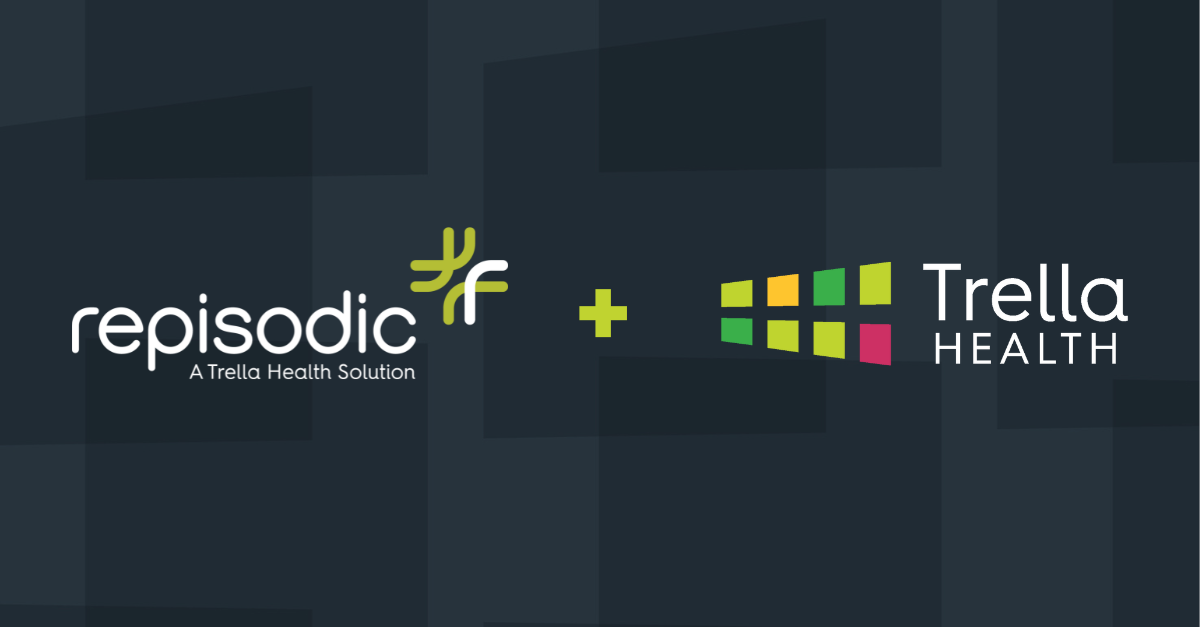Ashton Harrison, Marketing Engagement Manager
With a diverse background of sales and healthcare marketing, Ashton manages Trella’s events, press releases, and media and association relations. After graduating from Florida State University with a major in communications, she began her career at Greenway Health, a EHR company, where she found her passion for the healthcare industry. At Trella Health, she’s able to do all the things she loves about marketing — engaging at events, interactions with partners, and creating marketing pieces that share insight on Trella’s journey.How A CRM Can Support Your Sales Team and Reduce Employee Burnout
By Ashton Harrison | August 8, 2022
Like many industries today, post-acute care is experiencing increased staff shortages and competitive pressures that have spread employees thin. Sales professionals are picking up additional workloads and expanded territories while facing greater competition, often leading to feelings of exhaustion and burnout. This stress can lead to a drop in your organization’s retention rate and the loss of valuable talent.
Employee burnout can negatively impact sales team productivity and overall wellbeing. According to APA’s 2021 Work and Well-being Survey, nearly 3 in 5 employees reported negative impacts of work-related stress, including lack of interest, motivation, or energy (26%). In addition, 36% reported cognitive weariness, 32% reported emotional exhaustion, and 44% reported physical fatigue—a 38% increase since 2019.
In addition to the impact worker burnout has on your staff, it also directly affects your bottom line. This year alone (2022), staff shortages in healthcare can cost the post-acute care industry $19.5 billion in unrealized revenue, according to a recent report from Oliver Wyman and Intelycare Research Group. While the Covid-19 pandemic has exacerbated the healthcare industry’s staffing challenges, widespread burnout among providers was showing up even before, according to a study published by JAMA Network Open in 2021.
How to Address Employee Burnout
There are several tactics organizations can explore to help lessen the effect of employee burnout in healthcare. These include offering access to mental health services, increasing communications to understand your team’s potential stressors, and encouraging activities to promote work life balance. However, even when these tactics are put into place, the root of the problem remains unchanged.
It’s imperative to look at the pain points for your employees and invest in technology to address them and solve the root cause. One of the most effective tools is a customer relationship management (CRM) system. A CRM can ease burnout of your sales team by creating an organized solution with easy access to resourceful and data-driven sales information, while also eliminating the need to track activities manually. The most effective CRMs streamline operations and workflows, remove frustrations and unnecessary work, and reduce the stress placed on sales teams.
Sales personnel often spend an inordinate amount of time creating reports on their efforts and activities rather than spending time with existing customers and potential leads. Much of their time is spent looking for the right prospects, tracking referrals, or answering customer inquiries. For many salespeople, workplace stress is often derived from not having access to the information they need quickly or spending time playing phone tag or exchanging emails.
An effective CRM enables sales employees to focus on the right prospects. It can improve time management and streamline workflows by allowing teams to target high-potential referral partners through a data-driven approach. It centralizes reporting and customer documentation for easy accessibility in the office or on the go via mobile devices, tablets, or laptops. Sales representatives can also track referral contributions and account prioritization for increased productivity.
In short, having an effective CRM allows teams to spend more time solving problems and building relationships and less time curating unnecessary reports and chasing down information.
How to Choose the Right CRM
As with any solution, a CRM system can impact employee burnout when the right platform and tools to meet your company’s unique needs is in place. Post-acute care organizations have complex demands that require a purpose-built CRM platform that understands the unique industry dynamics.
When shopping for a CRM, be sure your organization is focused on platforms designed built specifically for post-acute and post-acute suppliers. The benefits to this, include:
- Easy accessibility on the go through a mobile application
- Talk tracks containing summarized metrics referring partners care about
- Tools for your sales team to have data-driven conversations
- Ability to capture meeting notes hands-free with voice dictation
- Sales rep and management access to activities and account information
- Reduction in the amount of administrative work
- Conversation starters, visibility of top target top accounts, and summarized metrics
Trella’s leading Intelligent CRM was designed specifically to meet the needs of the post-acute care industry. The platform provides easy-to-interpret data and actionable sales and growth insights to support sales team efforts. The Sales Spotlight tool eliminates prep time by giving a detailed talk track for sales presentations with referral partners. The metrics are specific to the referring provider to build trust and drive more referrals.
Please don’t take our word for it. Read a couple testimonials from our customers:
“Sales Spotlight has been this one-stop-shop for gaining insight to be the most effective in my role,” shared Emily Witt, Community Liason at Good Samaritan Hospice.
“I love having the data at my fingertips while out seeing accounts,” Capterra review.
Adding a specialized CRM like Trella’s to your workflow can help you regain focus, get organized and press the reset button on your objectives.
To learn more about how Trella Health can help your organization, request a demo today.















